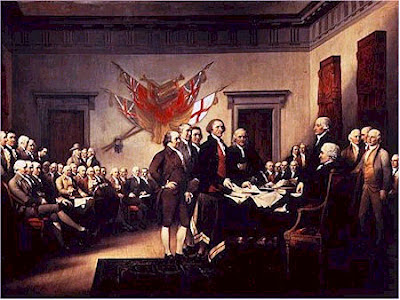 Article at The Club For Growth
Article at The Club For Growth
“According to two economists, Mike Ferguson of the University of Cincinnati and Hugh Douglas Witte of the University of Missouri at Columbia (paper link here) , if you had invested $1 in the Dow Jones Industrial Average back in 1897 when the index first started and invested only when Congress was in or out of session until the year 2000, here’s how much money you would have:
Invested When Congress is In Session:
$2
Invested When Congress is Out of Session:
$216″
Paper Abstract:
“We find a strong link between Congressional activity and stock market returns that persists even after controlling for known daily return anomalies. Stock returns are lower and volatility is higher when Congress is in session. This “Congressional Effect” can be quite large – more than 90% of the capital gains over the life of the DJIA have come on days when Congress is out of session. The Effect varies systematically with the public’s opinion of Congress: returns are lower and volatility higher when a relatively unpopular Congress is active. Public opinion appears to play a fundamental role in market prices. This is consistent with a mood-based explanation that sees Congress as ‘depressing’ the average investor. Alternatively, our results can also be reconciled with rational explanations that view Congressional activity as a proxy for regulatory uncertainty or rent-seeking behavior. “
“
The equity curve from the paper is to the left. Congress is in session roughly 2/3’s of the time.
In addition, there is even a hedge fund (Singer Congressional Fund) that is out of the market when Congress is in session.
For an article on the Singer fund go here.

